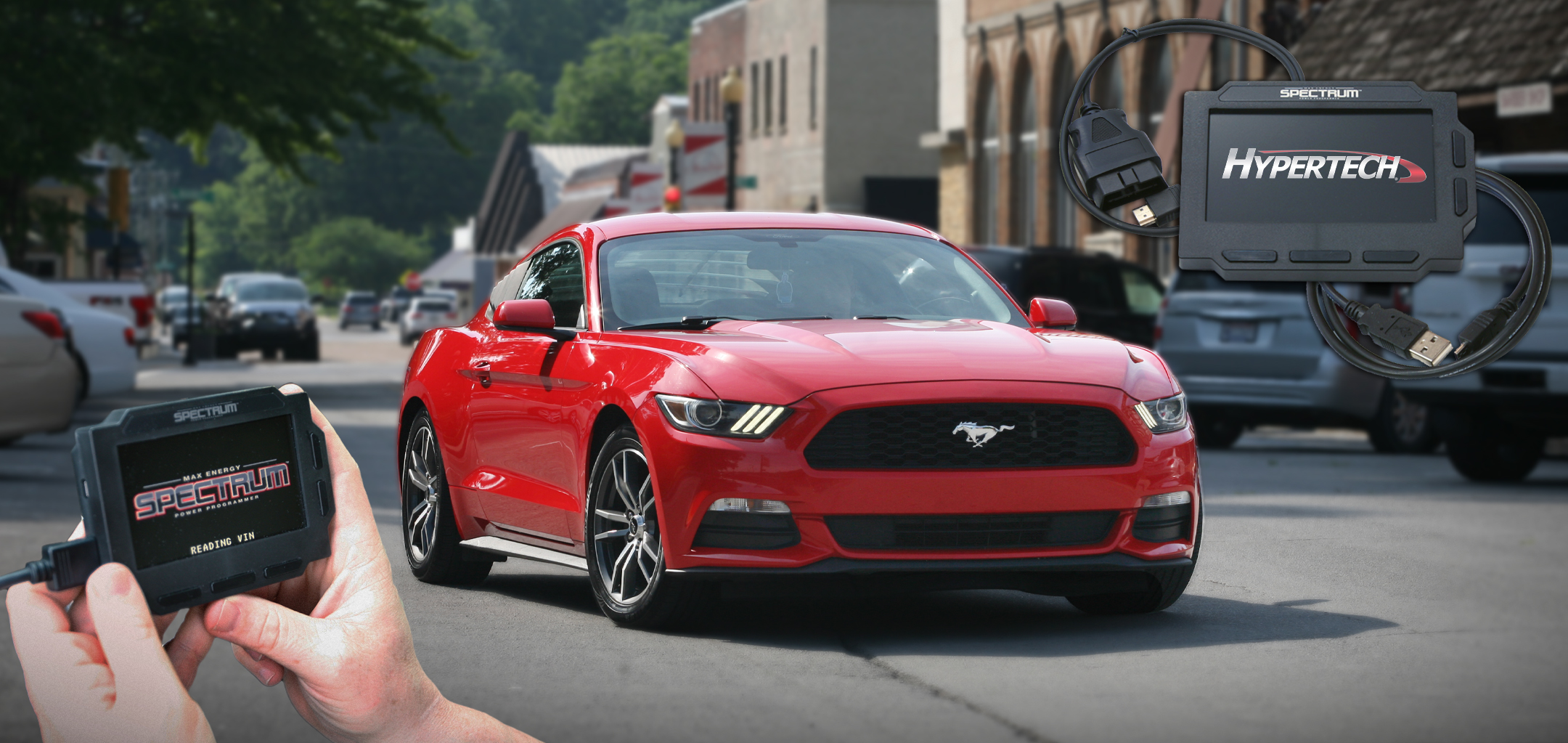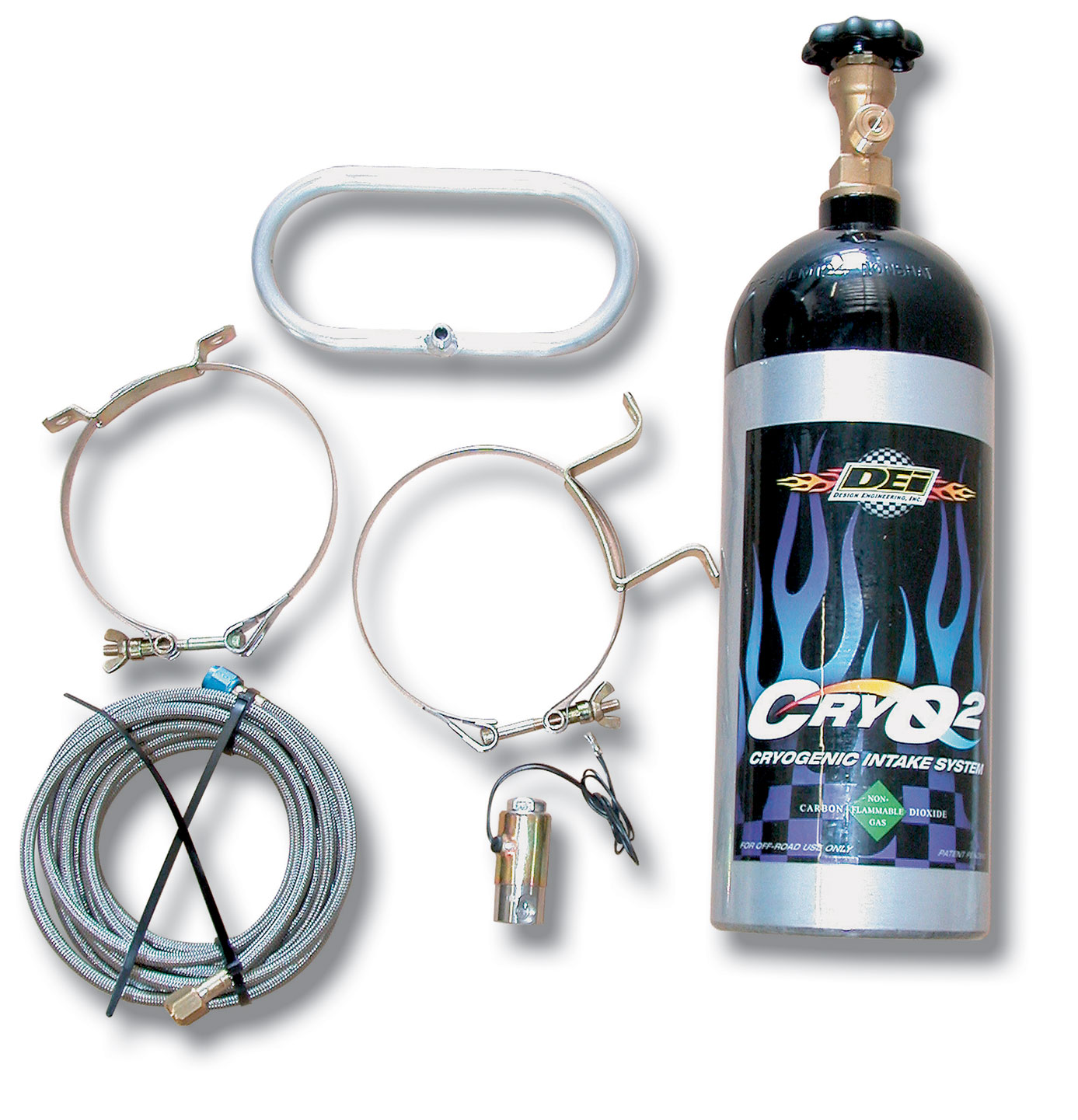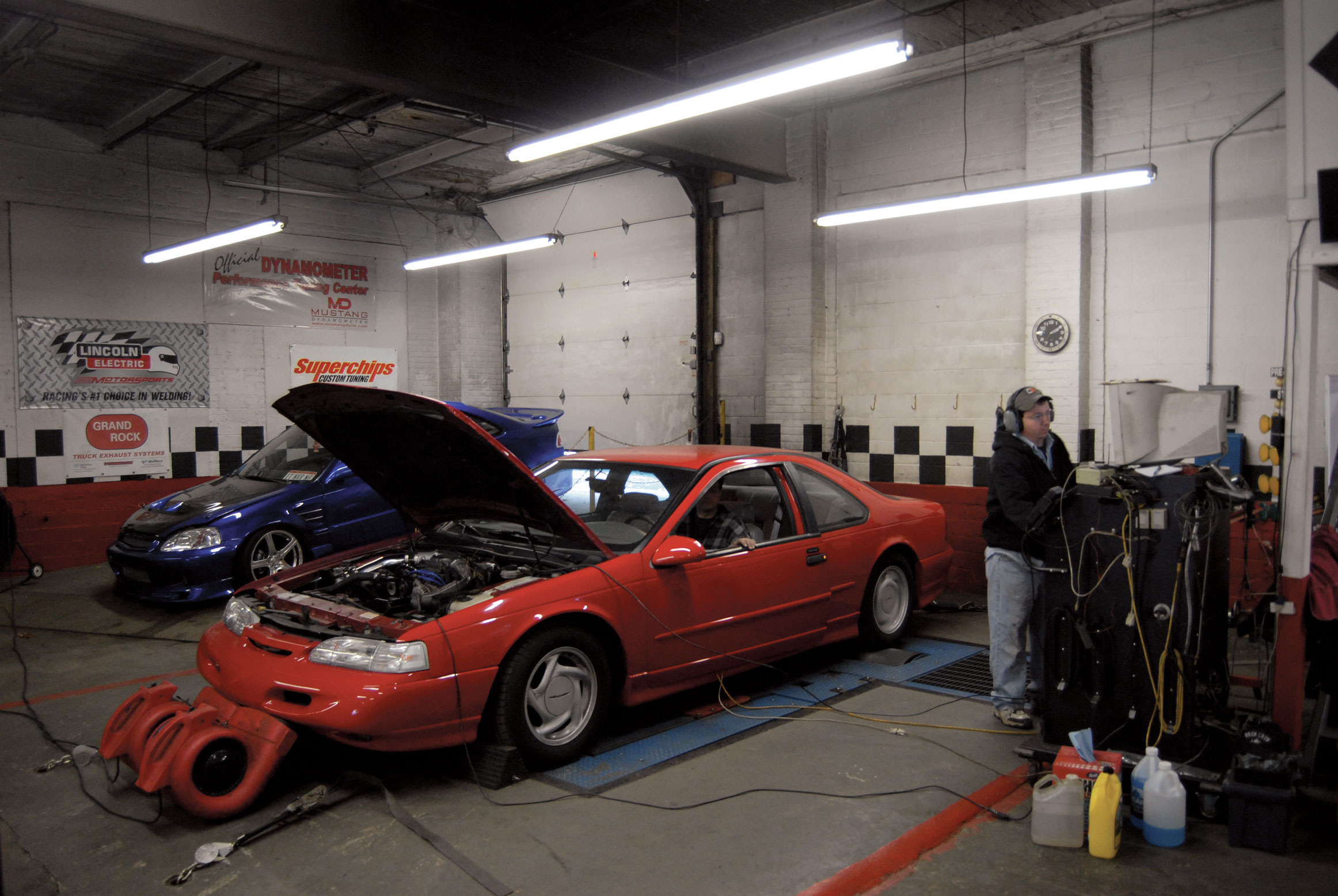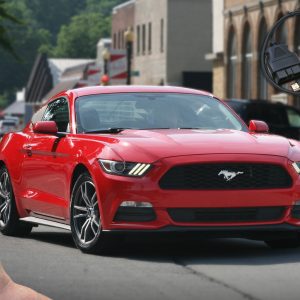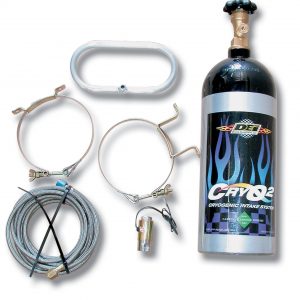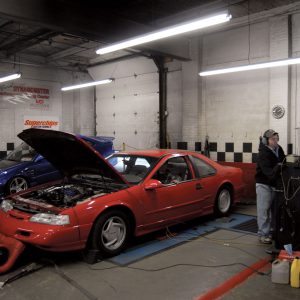Most every pre-’48 car came with fender/body welting...
…consisting of a simple combination of a narrow strip of vinyl (or similar material) folded over a small-diameter woven cord and glued shut.Its purpose was, and still is, to insulate one piece of body metal from another when bolted together—not an electrical or temperature insulation, but essentially to eliminate squeaks and rattles, and to prevent paint from chipping (or cracking) as the two pieces flexed and vibrated together under normal road use. Generally referred to as fender welting, this product can also be found throughout certain car models; used to mount grilles, running boards and bumper gravel shields.
That was how it was done years ago, and unless the car has special body panel fitting or these pieces are molded in, you will find it still in use today. We use the stuff mainly because our cars still need it, but also because it does the job. As far as we know, nobody ever came up with a better way to do it. People still ask about the pre-’48 cutoff for street rods, but the answer is simple: 1949 was the year of “The Big Change” in automotive design, and it wasn’t just in looks. The new cars had no running boards and used welded-on rear fenders and isolation-mounted front fenders. The new-envelope body design extended the front fenders past the cowl and back to the front door edge. No more body part bolted joints meant no more welting. Thousands of welting folders, gluers and rollers were out of work.

You’ve seen street rods without fender welting. Sometime back in the last century, street rod building pioneers such as John Buttera and Boyd Coddington declared war on such trivial detractions. We don’t have any direct input on the results of those metal-to-metal joints, but it’s a fair bet that few of those cars saw many road miles, and they most certainly required many metal finishing hours to get those parts fitting just so. But today you’ll find all sorts of varied solutions, and even welting hasn’t changed all that much. You will find it in different types of fabrics, even rubber, and it is available in many colors, including chrome. If they don’t make your color, your upholstery shop can make it for you in any material and color imaginable. Thinking now about why it hasn’t really changed over the years, we’ve concluded that in certain applications one might benefit if manufacturers were to add a thin strip of peel-and-stick adhesive to one side of it. Look at the accompanying photos and you’ll understand why we mention this




